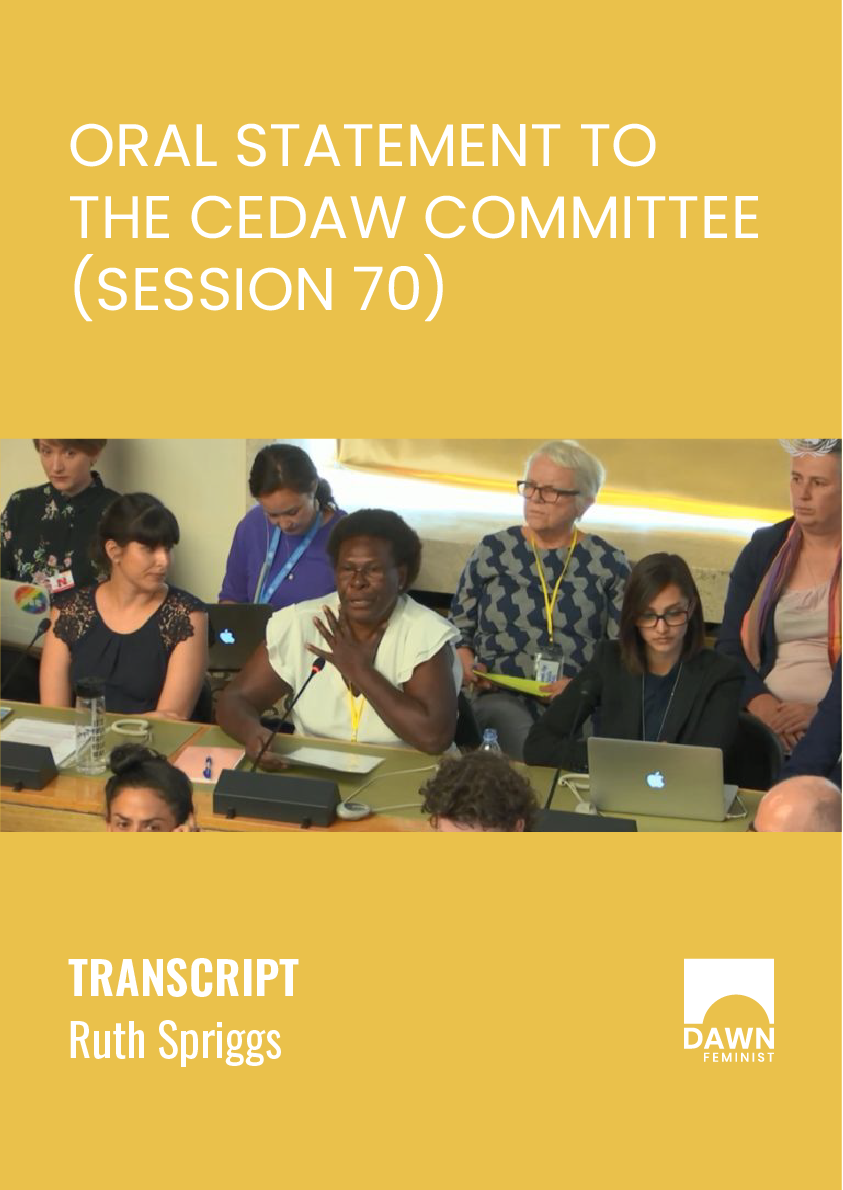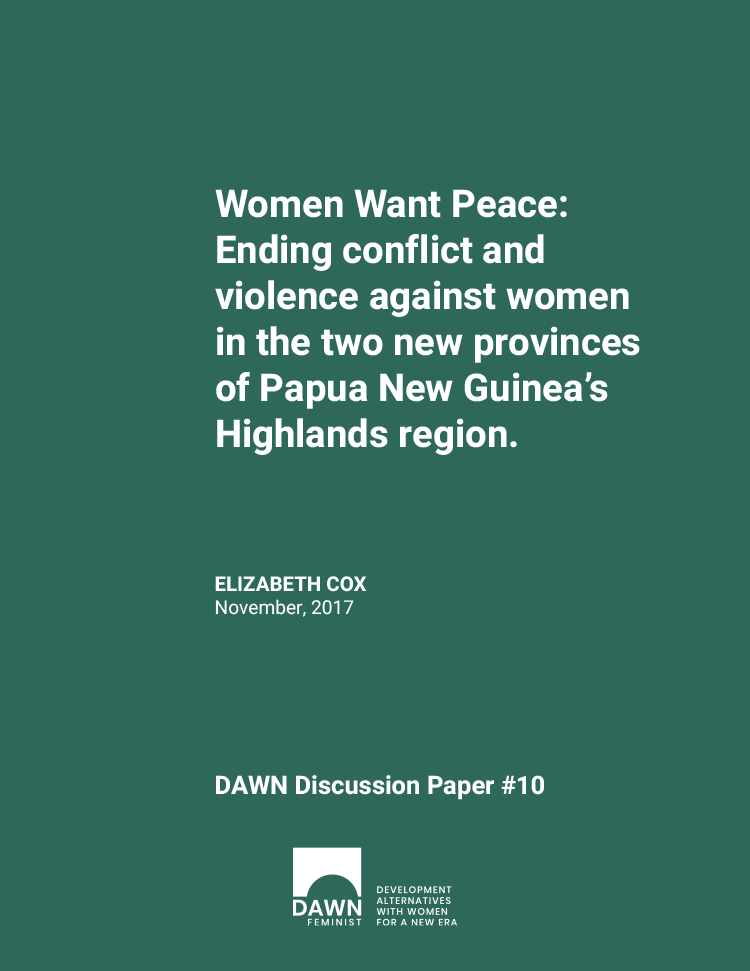Bio
Sabet is a feminist development practitioner, educator, researcher and activist and worked in PNG/Pacific region for 45 years. She connected to the global women’s movement through Pacific attendees at 1WCW (Mexico) and IWTC’s newsletter, which she adapted to inform and connect PNG’s rural women organisers. She collaborates with Pacific colleagues writing, illustrating and translating handbooks, training manuals and toolkits to support ‘Thinking Global / Acting Local’, to build and disseminate local knowledge, to translate key global commitments to national laws and policies, programs and projects, and brings feminist and rights-based frameworks to local research and documentation, advocacy and activism. She supports local participatory research and presentation of new knowledge by local women in key regional and global feminist fora. She documented women’s oppression and organisation in commodity-based projects for her Masters in Gender and Rural Development at ISS, Netherlands (1984). She participated in the Nairobi 3WCW, NGO Forum, where the launch of DAWN inspired her. Sabet worked in education research with PNG’s national University, developing new frameworks and tools for non-formal/popular education, and making adult/continuing education more accessible and liberating for women/girls. She worked regularly with Asia Pacific networks of researchers (APCD) on gender, poverty and women’s mobilisation to protect the region’s natural resource wealth. While manager of OXFAM and IWDA Pacific Regional programs Sabet supported Pacific women’s organisations to collectively prepare and participate in global and regional women’s movements and key events – supporting their direct, active participation in the NGO Forum, 4WCW, Beijing. While Regional Program Director, UN Women, Pacific (2006-12), she worked with networks of Pacific feminist researchers, academics and activists, including DAWN in Fiji, to build programs. She has researched regularly and published occasionally on women’s rights in the rural development, environment, informal economy, health, education and justice sectors, mostly in PNG/Melanesia and has consulted, (selectively) for the PNG Government, UN agencies and various development partners in the Pacific region. She continues to advocate decolonisation of international aid in the region, as INGOs increasingly become sub-contractors, to bilateral and multilateral development partners.Elizabeth Cox CONTENT


